One can argue that the marketing space has changed more in the past year than the last 10 years combined—AI has undoubtedly transformed how users discover and consume information on the web. Consumers are rapidly abandoning conventional search engines like Google and Bing and adopting LLMs like ChatGPT and Gemini instead.
Search traffic is no longer a simple Google SERP game. In March 2025, Google AI Overviews appeared on 13.14 % of U.S. results pages, while ChatGPT, CoPilot, Claude, Perplexity, and friends attracted more than 600 million unique visitors in a single month.
The trouble for search visibility within the era of AI is this—when LLMs summarize a topic, they pick only a handful of brand mentions or product recommendations. If your company isn’t in the short‑listed answer, you are invisible.
How are brands to keep up?
Large Language Model Optimization (LLMO) has become essential for maintaining brand visibility. 60% of consumers are now using AI chatbots for product research, and traditional web clicks have decreased by 34% due to user reliance on AI-generated responses.
Traditional SEO suites weren’t designed to measure—or shape—how models present your brand. LLMO tools give marketers a purpose‑built radar and action layer for the AI answer economy.
This comprehensive analysis examines the top 9 LLMO software platforms that marketers, SEO professionals, and content specialists need to understand in today’s AI-driven search environment.
First, Let’s Define the Category: What the Hell Is LLMO?
LLMO is an emerging discipline of marketing that focuses on optimizing for brand visibility and performance on AI surfaces and large language models like ChatGPT, Gemini, and Claude.
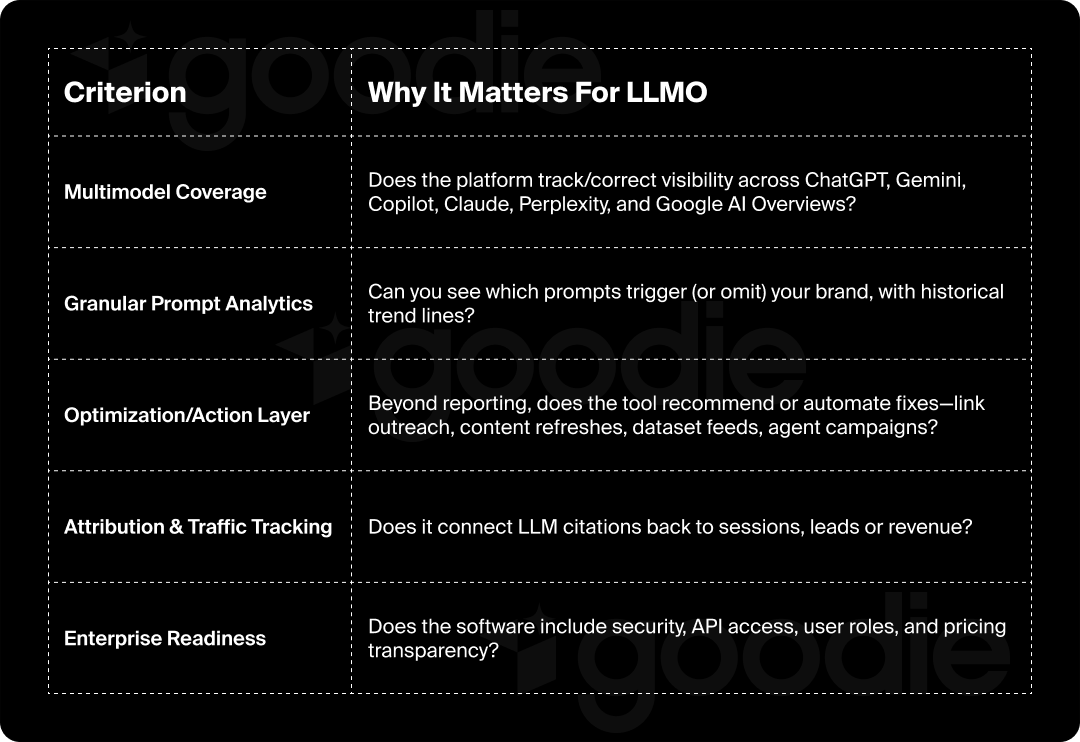
Every product profiled below checked at least three of the five boxes as of the evaluation date, June 2025.
1. Goodie AI
The AEO Pioneer That Set the LLMO Bar
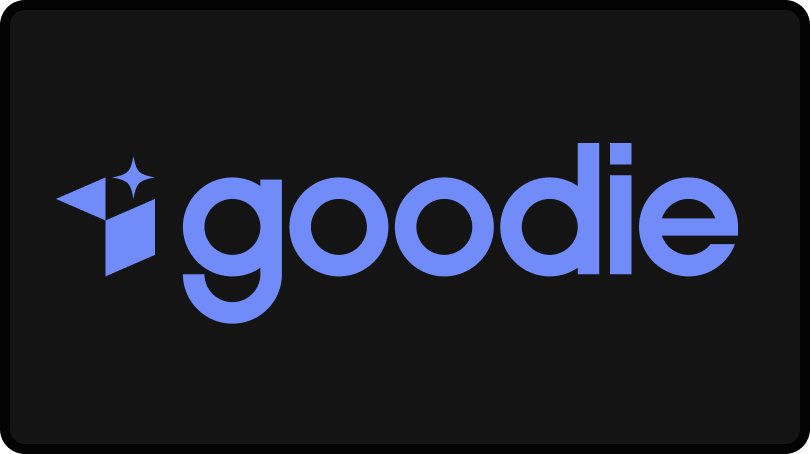
Goodie launched as an Answer Engine Optimization platform and has evolved into a full LLMO control tower. Its core modules include AI Visibility Monitoring, an Optimization Hub that prescribes prompt‑level fixes, a Topic Explorer fed by multi‑LLM data, and a Traffic & Attribution suite linking citations to conversions.
The dashboard covers ChatGPT, Gemini, Claude, Perplexity, DeepSeek, and Google AI Overviews out of the box, and its 15‑factor “AEO Periodic Table” gives teams a science‑backed checklist for boosting mention share.
The highlights:
- It is the most comprehensive platform in the space, covering the most models and features needed to effectively execute an LLMO strategy.
- Deep competitive benchmarking for brands (think SimilarWeb for AI answers).
- Action layer includes multistep outreach agents that can pitch journalists, update Wikipedia, or push structured brand‑verified data feeds to model providers.
- Clean UI built for SEO, PR and growth teams—not just data scientists.
For pro marketers, Goodie AI provides the most comprehensive dashboards for AI search performance metrics, competitor benchmarking, and content gap analysis. The platform’s integrated approach combines monitoring with actionable optimization recommendations, making it ideal for CMOs and brand managers who need real-time insights into AI search performance while maintaining control over brand narrative across AI platforms.
Best for: Mid‑market to enterprise brands that need one pane of glass for monitoring + action.
Pricing: Subscription-based with lower tiers starting at $950. Custom pricing available upon request.
2. Ahrefs
An SEO Powerhouse Now Tuned for LLMO
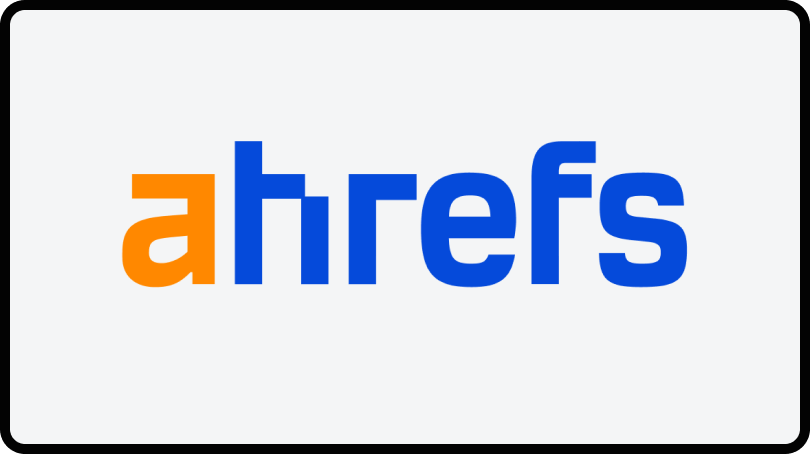
Ahrefs rolled out some early LLMO features into existing tools like Site Explorer and Content Explorer. You can filter keywords that trigger AI Overviews, see which of your pages are cited in ChatGPT or Perplexity, and run backlink campaigns targeted at the sources that LLMs quote most.
The highlights:
- Giant 10B keyword dataset now flags SERP features labelled AI.
- “LLMO Opportunities” report surfaces unlinked brand mentions inside popular Q&A sites, Reddit threads, and news stories to seed future model training.
Limitations: No prompt‑level sentiment scoring and no optimization workflow—you’ll still need manual outreach. Ahrefs is still primarily focused on conventional SEO.
Best for: Organizations who are already leveraging Ahrefs in their marketing toolkit and are looking to incorporate elements of LLMO.
Pricing: Seamless for existing Ahrefs users—no extra contract. Pricing for Ahrefs starts at $108 per month for an annual contract.
3. Evertune AI
Research‑Grade Brand Perception Analytics

Evertune AI treats LLMs as survey respondents. Its engine autogenerates thousands of category‑specific prompts, captures the answers, then distills the data into insights about share of voice, sentiment polarity, and reasoning chains.
The highlights:
- Prompt panels allow users to choose personas (ex. “CFO evaluating ERP software”) to see how positioning shifts.
- Bias flagging that alerts when models use outdated pricing or misinformation.
- Export‑ready charts for board decks.
Best for: Fortune 1000 communications teams and investor‑relations groups that need brand‑perception telemetry.
Pricing: Pricing for Evertune AI is custom and not readily available on their website.
4. Semrush
An AI Toolkit Added to a Familiar Swiss Army Knife
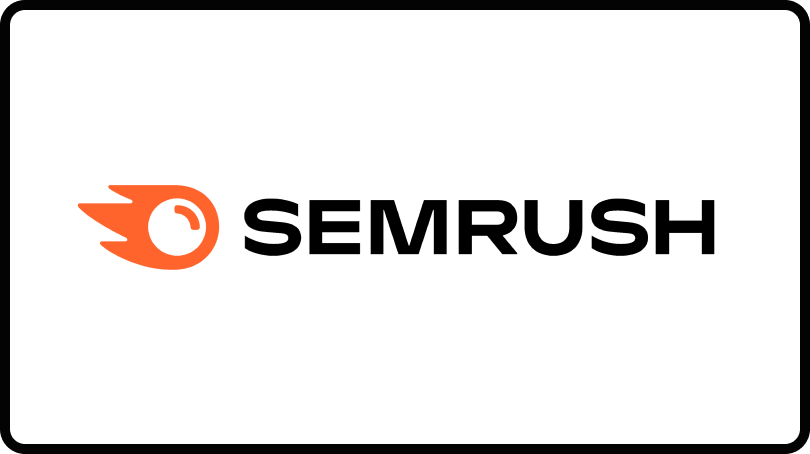
Semrush’s new AI Visibility widgets live inside Position Tracking and the Enterprise AIO module. You can monitor how often AI Overviews cite your domain, discover the common citation sources in your niche (Quora and Reddit dominate today) and calculate the 4.4× higher value of AI visitors vs. traditional organic sessions.
The highlights:
- Combines traditional SEO with emerging LLMO capabilities.
- Integration with ContentShake and backlink outreach means fixes sit one click away.
- Provides extensive educational resources and certification programs, with documented case studies across multiple industries.
Note: Visibility is Google‑centric; coverage of ChatGPT or Claude is thinner than pure‑play LLMO suites.
Limitations: Semrush entered the game a bit late, so the product is still largely traditional SEO focused and may fall short in terms of feature parity compared to other players. Additionally, the comprehensive feature set creates complexity that may overwhelm smaller businesses, and many advanced features require additional subscriptions beyond base plans
Best for: If your org already relies on Semrush, enabling the AI tab is friction‑free. Also ideal for teams needing comprehensive marketing toolkits.
Pricing: Semrush pricing is largely custom and varies depending on the specific toolkits your team needs.
5. LLMO Metrics
Laser‑Focused on Generative‑Engine KPIs
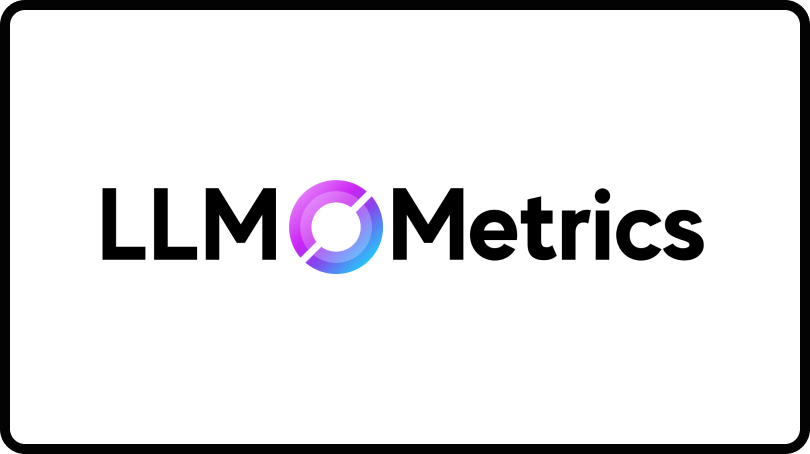
LLMO Metrics positions its solution as helping companies “be the brand AI recommends.” It tracks answer accuracy, brand‑mention frequency, and source bias across ChatGPT, Gemini, CoPilot, and more. Its “Prompt Search Volume” panel gives a sense of demand—how many people are asking a query inside chat products.
The highlights:
- One‑click “Fix” cards that link a problematic answer to suggested PR targets or on‑page schema tweaks.
- Role‑based dashboards for PR vs. SEO vs. product.
- Free tier to monitor 25 prompts—useful for startups.
Best for: Multi-discipline teams, particularly for SaaS and technology products.
Pricing: LLMO Metrics offers a freemium model, with paid plans starting at 72 Euros per month when billed annually.
6. Peec AI
SMB‑Friendly Analytics With Slick UX
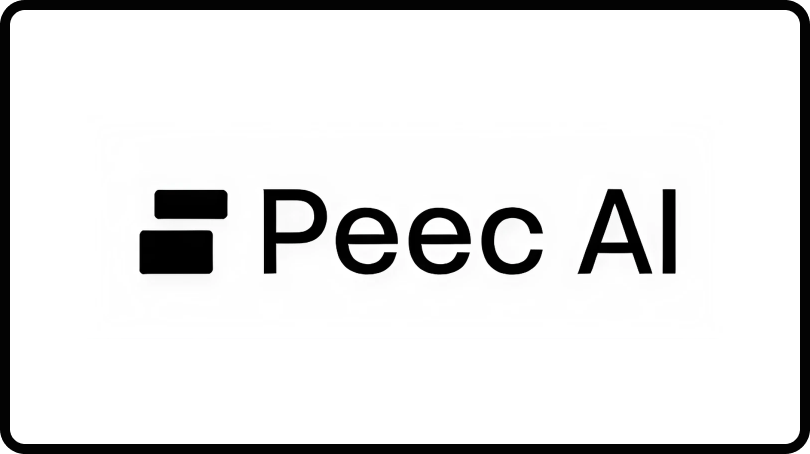
Founded in 2025 in Berlin with $2.01M pre-seed funding from Angel Invest, Antler, Combination VC, and other tier-1 investors, Peec AI represents cutting-edge innovation in the LLMO space.
Despite being extremely new with only three employees at the time of writing this article, Peec AI has gained recognition as one of the early GEO/LLMO tools to differentiate between brand visibility and source citations.
Peec brings a polished, almost Mixpanel‑like interface to AI answer tracking. Line/bar views show week‑over‑week visibility shifts, and underperforming prompts are flagged in red.
The highlights:
- Industry‑ranking leader‑boards (great for investor updates).
- Slack alerts when your share of voice dips below threshold.
- White‑label PDF exports for agencies.
Best for: Agencies looking to integrate LLMO into their service offering and small, specialized teams in need of real-time updates.
Pricing: With plan prices between $79 and $299 per month, it’s the most affordable option on our list.
7. Bluefish AI
Brand‑Safety Meets AI Marketing Agents
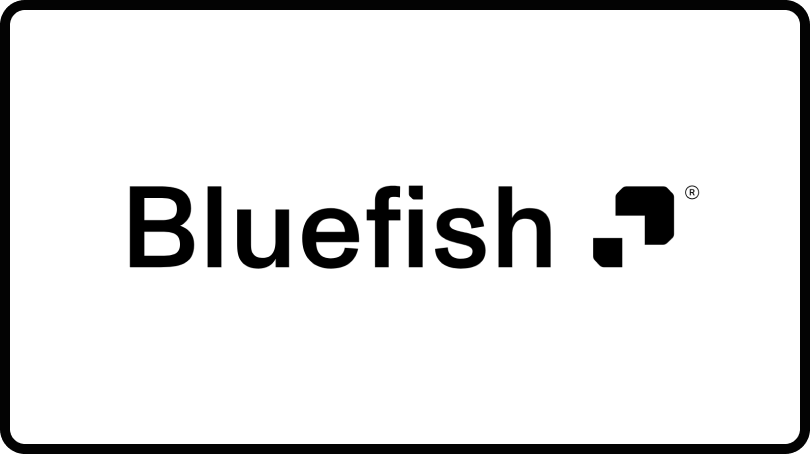
Backed by Crane and Bloomberg Beta, Bluefish AI offers an AI Marketing Suite that marries brand‑safety monitoring with data‑syndication pipelines. It even allows brands to push brand‑verified data feeds directly into model providers’ ingestion queues. A separate chatbot platform helps enterprises run on‑site assistants that echo the approved messaging.
The highlights:
- “AI Funnel Consumer Insights” shows how different audience segments see you across LLMs.
- Custom AI agents can run agent campaigns—think interactive advertorials inside chat interfaces.
The platform’s comprehensive approach combines monitoring, optimization, and engagement capabilities. Industry expertise from team members with proven MarTech experience and backing from top-tier AI-focused investors provide strong credibility. However, limited public case studies and pricing opacity may challenge evaluation processes.
Best for: Enterprises, likely with specialized AI and search teams, who are looking to rapidly scale up their LLMO efforts.
Pricing: High‑touch, starting at around $4,000 per month after demo.
8. daydream
Full‑Spectrum GEO/LLMO Services + In-House Tech
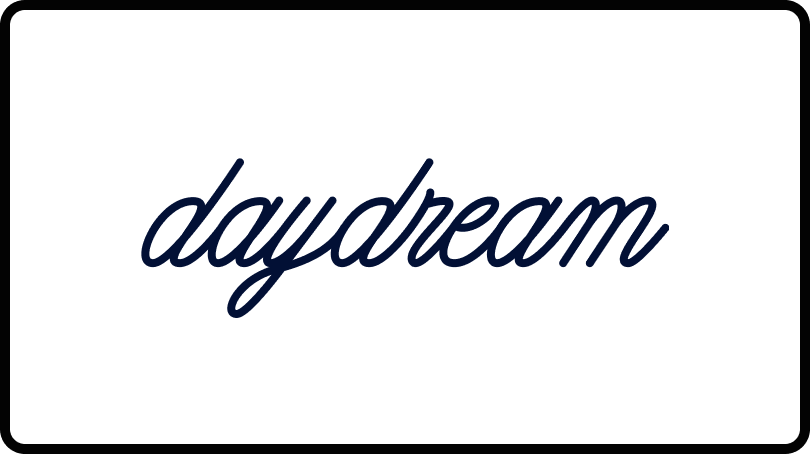
daydream operates as a full-service SEO and GEO agency rather than a traditional software platform. The company was founded in 2023 in San Francisco with $3.8M seed funding from First Round Capital, Basis Set Ventures, WndrCo, and Hustle Fund. Led by recognized SEO experts, the agency specializes in programmatic SEO and AI-driven content optimization.
Daydream began as a programmatic SEO agency; v2.0 adds Generative Engine Optimization (GEO) services, open‑source frameworks for LLMs.txt, and a proprietary visibility‑score model.
The highlights:
- Thought‑leadership depth—its public library dissects how Gemini, Claude, and Perplexity crawl and cite content.
- It combines editorial SEO, technical SEO, and LLM‑specific data structuring under one retainer.
Best for: Teams who would rather outsource their LLMO and GEO efforts than license software for an internal team.
Pricing: Pricing is custom after a 30-minute discovery call with their team.
9. Soar.sh
Community‑Driven LLM SEO for Reddit & Quora
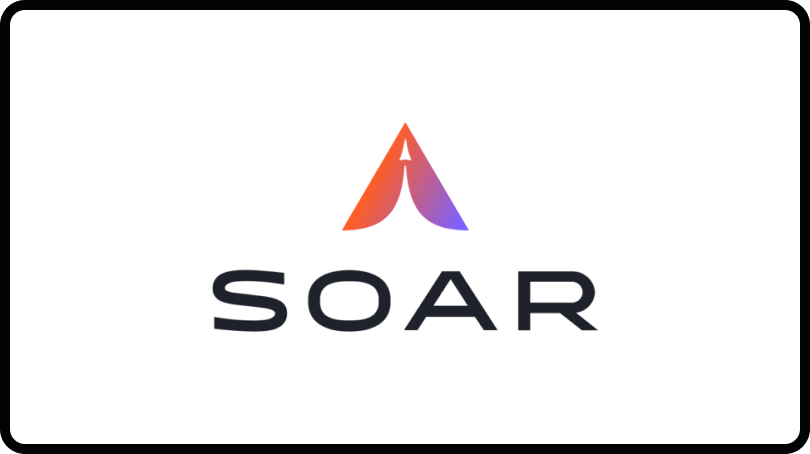
Soar is technically an agency, but its LLM SEO capabilities earn it a place because it solves a unique slice of optimization: getting your brand into the training data by dominating Reddit and Quora threads.
The highlights:
- They create and manage Reddit threads that often rank in organic Google and feed LLMs.
- They also offer Subreddit acquisition and Discord community programs that seed long‑tail, high‑trust UGC—which content language models love.
Best for: For companies who are already leveraging one of the analytics-heavy platforms listed above, Soar.sh works well as a complement.
Pricing: Pricing is custom through a proposal request Typeform on their website.
Side‑by‑Side Snapshot (Scores Out of 5)

How to Pick the Right Large Language Model Optimization (LLMO) Software
- If you need an end‑to‑end control center: Goodie AI or Bluefish AI dominate, with Goodie AI skewing analytics‑first and Bluefish AI skewing campaign‑heavy.
- If you already pay for a leading SEO suite: Enable the LLMO modules inside Ahrefs or Semrush before adding another subscription.
- If your budget is tight, but you need instant visibility charts: Peec’s $79 starter is unbeatable.
- If you care about why models like or dislike you: Evertune’s sentiment deep‑dives are gold.
- If your goal is simply to flood the data layer: Pair Soar’s Reddit operations with any tracker.
Final Thoughts on the Growing LLMO Software Space
LLMO software is evolving at an incredible speed, especially now with VC money pouring in, but the fundamentals stay constant: monitor how models mention you, understand why they do it, and feed them cleaner, higher‑authority signals than your competitors.
Pick a platform (or combination of tools and services) that closes all three loops and start optimizing now—while your competitors are still arguing about keyword density.




